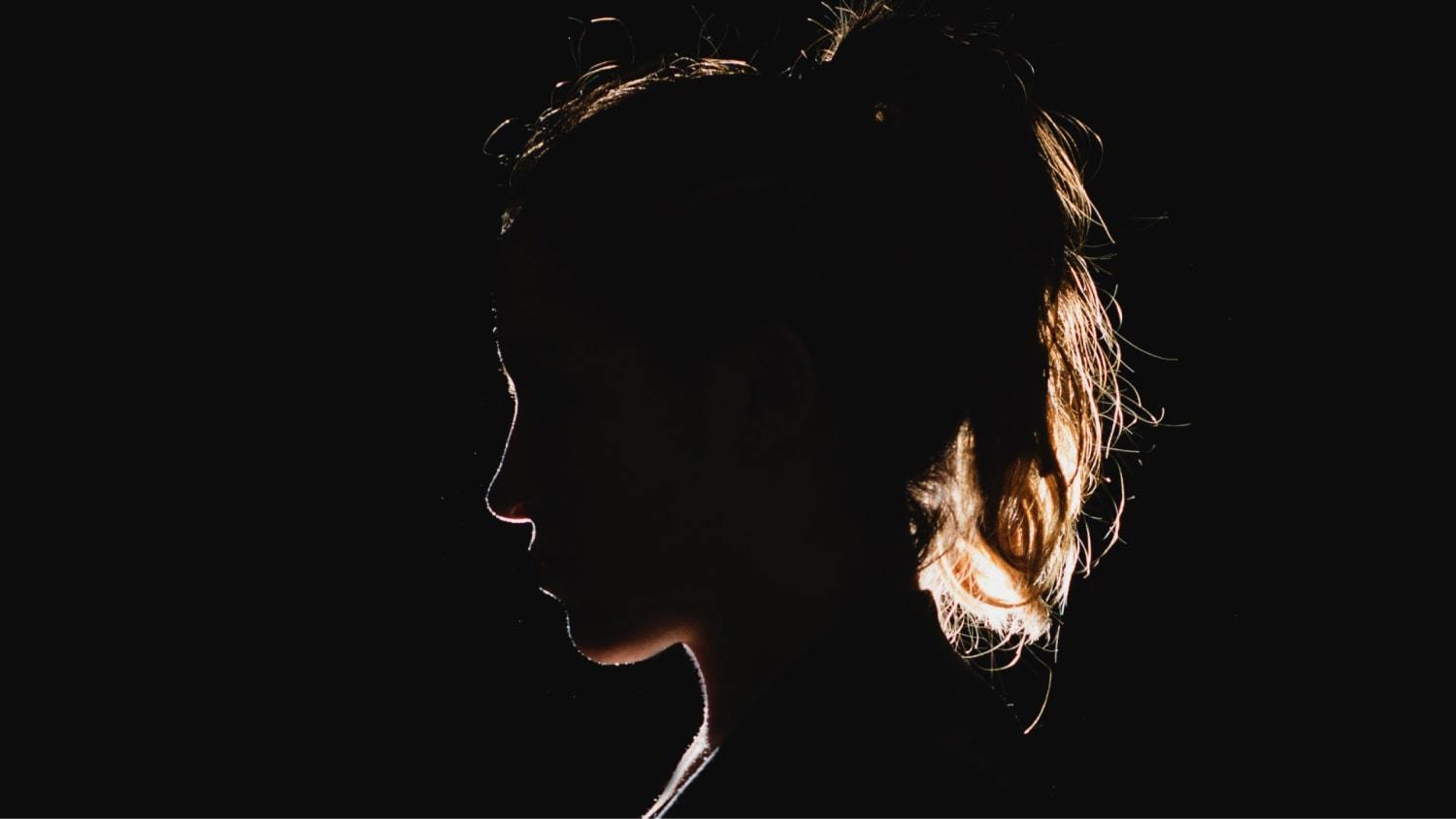
This is the only anonymous interview that we will publish. She is a psychiatrist at a hospital in the Basque Country who, despite preferring not to reveal her identity, did want to tell us how CBD is used from a professional point of view.
An interview that is worth gold not only for its didactic part, but for recognizing that many mental health professionals and other medical specialties recommend the use of CBD.
We understand and defend her anonymity because, as she herself says, "it would be much easier if the word we want to use and the use we want to recommend were legalized."
Hopefully this will open more doors.
How long have you known about CBD and what is your opinion from a professional point of view?
I have known about CBD for about 3 years. I know it from my patients because they were the ones who told me that they took or smoked CBD.
I think that CBD can lead to confusion if it is not well explained that it does not have psychoactive substances. From a professional point of view, I think it can be very useful for treating anxiety problems and reducing anxiolytic drugs that cause tolerance and dependence. It could be used together and then reduce the medication, such as benzodiazepines (xanax, diazepam, lorazepam...)
"I see no contraindications for the useconcomitant of CBD and anxiolytics"
Many patients request it not only forbenzos, but also because they want to stop using joints. We have patients who have stopped consuming but there is one joint a day that is very difficult for them to give up. In that case, smoking a joint without THC also helps them.
In a very small percentage, assessing risks and benefits, what is better is addressed and agreed with the patient. It is necessary to analyze in each individual case what is best.
What is dual pathology and why can CBD play a positive role?
We speak of dual pathology in mental health when a patient apart from having a consumption disorder or a pathology due to substance use (be it dependence, harmful consumption, abusive consumption, etc.) also suffers from another disorder, such as bipolar disorder, an organic psychosis without specification or schizophrenia... That is to say, there is a pathology and apart from that there is a consumption of toxins, in the context of substances, important or disabling enough in the person's life to be considered a disorder.
Taking into account the first question and that CBD can help reduce the consumption of substances, whether cannabis or benzodiazepines, on which many patients become dependent, logically CBD can contribute a lot since, I insist, it is free of psychoactive substances.

What use of CBD would you recommend to reduce the use of anxiolytics? Can they be combined?
I see no contraindications for the concomitant use ofCBD and anxiolytics. As for how to use it, I imagine that each teacher will have their booklet, but I would put a few drops associated with the anxiolytic that is being taken.
For example, if you take lorazepam for breakfast, lunch and dinner, you can associate a few drops (the amount depends on the amount of anxiolytic used) to later reduce very progressively. You also have to take into account the time you have been using it and the type of benzodiazepine, but I think that would be a good guideline, reducing the use of benzodiazepines while using CBD.
Do you think there is a real problem of people dependent on drugs like lorazepam?
Yes, a huge YES.
In addition, at a professional level, it is partly our responsibility. In certain countries, the outpatient use of benzodiazepines is contraindicated, only hospital use is allowed. I think we are overusing the use of lorazepam here, just as we are increasing its dosage rather than trying other behavioral measures.
For example, in sleep hygiene measures… It seems that sometimes it is easier to say “take lorazepam or lormetazepam”. I don't know if it's because the queries are saturated or because we're going straight to it, but the ideal would be not to start there.
For anxiety problems, you can explain to the patient anxiety control management strategies, how to modulate stress, anxiety management and talk to the person, see what tools are available, what personal strategies can be covered, from take a walk to meet friends. In this context, I believe that CBD can help reduce the use of benzodiazepines.
And the same thing happens with sleep, we are going to tell you what you can do, very simple things, explain how you can have good sleep hygiene: always go to bed at the same time, always get up at the same time, do not wear anything to bed or take your mobile.
For example, if a person has constipation, it is easier to give them a drug such as Duphalac or Plantaben to explain how they can remedy it, to give them hygienic dietary measures to combat constipation.
"From the common sense you can use both things and if the circumstances require a chemical treatment, go ahead"
Natural therapies versus chemical therapies: differences, pros and cons
The current medicines we use are mostly plant-based, or at least more naturally based. Some of them, not all, of course. I believe that the use of natural treatments is not at odds with the use of chemical treatments. Neither is at odds nor do you have to be a "Taliban" neither of one nor of the other.
If you have pneumonia, many times you will have to take antibiotics. There are things that cannot be replaced. But in many other things we could try other natural measures that do not have to be plants. They can be behaviors, it can be advised to drink more water to combat constipation, indicate foods for it... I give the example of constipation because I find it very useful, but in the case of anxiety, to say another, there are also foods that help reduce it . You can develop, together with the patient, strategies that you can do in your day to day to reduce stress, assess in advance what was useful to you and why you have stopped implementing it in your day to day.
It can also be treated with valerian, with infusions and, of course, with CBD. I don't think one thing is at odds with the other, but many times it is true that we go chemical, obviously excepting cases in which we logically have to go towards an antibiotic or purely chemical treatments, that is how it is.
From good sense you can use both and if the circumstances require a chemical treatment, go ahead.
Can CBD interact with other medications?
Today it is known that this interaction is linked to its hepatic metabolism by certain families of enzymes. Therefore, as far as this interaction is concerned, the following circumstances may occur:
The first is an increased effect of CBD by drugs that inhibit these enzymes and thus slow down the metabolism of CBD. These medications include antivirals, antifungals, amiodarone, which is an antiarrhythmic, certain antihypertensives, such as calcium channel blockers, antituberculous drugs such as isoniazid, and antibiotics, such as macrolides.
On the other hand, a decrease in the effects of CBD can be given by drugs that induce these enzymes and, therefore, increase the metabolism of CBD. Among them we can find, antiepileptics, such as carbamazepine, efernovamital, phenytoin, primidone, some antibiotics, some antidiabetics and St. John's wort or hypericum.
Finally, we can also find the increased effect of certain drugs that are metabolized by these enzymes and that are inhibited by CBD. Among them, omeprazole, risperidone, which is an antipsychotic, anticoagulants such as sintrom or warfarin or diclofenac, which is an anti-inflammatory.
Although there are not many studies, at the moment it can be said with reasonable certainty that CBD can interfere with the metabolism of drugs, however, it remains to be seen with which of them and in what dose.
"If the word we want to use and the use we want to recommend were legalized, it would be much easier"
Some interaction has been shown in clinical practice with some antiepileptic drugs (clobazam, valproate), and with anticoagulant drugs such as sintrom or warfarin. Therefore,Its use must always be carried out under medical supervision and control.
Do you think that in the future the use of CBD will be more widespread to treat cases of stress and anxiety? Could the current legal framework be an obstacle?
Of course, the legal framework is an obstacle, even the price can be, as it is in the case of some of my patients. Depending on the socioeconomic level they can afford it or not.
On the other hand, the concept of "oh it's legal, it's better"... I think we all have that in our heads. Here alcohol consumption is legalized and we all know the cons of alcohol. We all have that feeling of thinking that since it is legalized for something, it will be that it is not so bad and has its advantages and benefits.
Going back to the joint example, suppose we have a patient who wants to smoke two joints after we've helped him cut 5 a day. For some parents it can be much easier to say “look, CBD is a substance that comes from such a plant and is legalized”. The message would arrive sooner. Even also in consultations.If the word we want to use and the use we want to recommend were legalized, it would be much easier.
Why do you think there are some professionals who are reluctant to recommend CBD?
I believe that many professionals do not know him… It also depends on the field in which they work, of course. The field of mental health is not the same, in which the patients themselves know it and tell you about it because it is less taboo to talk about it, than in other specialties where it is not discussed. I imagine that the Pain Unit and Oncology will also talk about it. There are specialties in which its use is clearly much more colloquial and in others it is not.
And also what we talked about before, that the use is not legal can throw back. The same thing that happens with ignorance, I think that is what may be influencing.
Have you taken or do you take CBD? So that?
I personally do use CBD and a family member of mine does too.
My relative takes it for insomnia, because he didn't want to take benzodiazepines. There was an interval of concomitant use, later he was reducing the benzodiazepines and now he is with a few drops of Upani at night.
In my case forpremenstrual pain, previously studied by gynecology without having found a cause such as a fibroid or endometriosis, which is one of the first causes to be ruled out.
I also tried other measures such as removing gluten and other hygienic diets. In fact, some have helped me but they couldn't completely take away the important pain. In the end, I ended up using NSAIDs in the perimenstrual phase.
Now, after using the Upani oil, I can take only that if the pain is not very bad, without the need to use NSAIDs. If the pain is very strong, CBD has helped me and helps me reduce the dose of anti-inflammatories, which is already a lot.
Anything that helps the body and, in this case, the liver so that it is not overloaded with medication is better.
What would you recommend to young people who currently suffer from an anxiety disorder? As we already know, it is the evil of our time…
It is a very complex question because it touches many sticks. It is a very broad question.
First we would have to analyze individually where that anxiety problem comes from, evaluate it very well. If, based on a good individual evaluation, it was seen that it could be incapacitating due to its dimensions, the first recommended and recommended treatment would be pharmacological treatment together with psychotherapy.
But if it's not disabling anxiety and other stress management measures can be used, then we're going for it along with psychotherapy.




